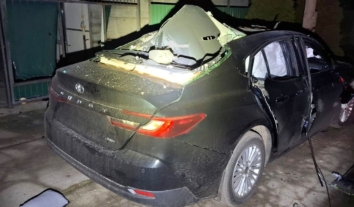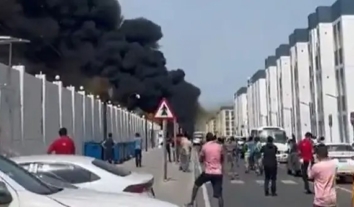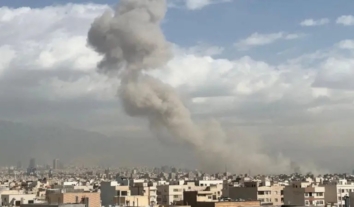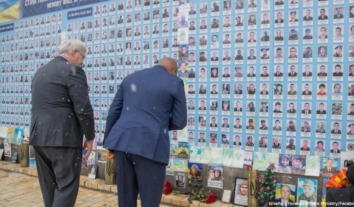Roma Refugees Suffer from Discrimination
Roma who have relocated from the area of ATO to Russia face double discrimination as both representatives of the Roma minority and refugees from Ukraine.
This was stated in a report from the Anti-Discrimination Centre (ADC) Memorial.
In preparing the report, the center’s experts visited many areas which were possible to visit in late 2014 in the Donetsk and Luhansk regions, Kharkiv, Kyiv, and a number of villages in South and Central Russia where many Roma who fled from Eastern Ukraine currently live.
In general, the situation of the Ukrainian Roma population remains difficult. According to Ukrainian experts, the traditional forms of discrimination against this minority remain and stereotypes and prejudices are widespread.
Olga Zhmurko, Roma program director at the International Renaissance Foundation said: “The situation with the rights of the Roma leaves much to be desired. Now in Ukraine, there has been established a government commissioner for ethnic policy. But, as of now, everything he does is declarative in nature and does not expand the horizons of Roma communities. Everything remains the same because of the complete lack of desire of the Ministry of Culture to do anything. Here, like in Russia, it most recently deals with issues of national minorities. In cases where the government tries to transfer some powers on this matter to the Ministry of Social Development, which, in theory, should do it, it always refuses, citing the fact that they have neither the means, nor abilities to pull this program off”.
According to local activists, Roma in the Luhansk region often become the victims of extortion of money and valuables by law enforcement officers. Knowing that many of them do not have documents, police lie in wait for Roma, detain them, and then demand money for their release.
Roma who fled from the ATO to Russia face challenges in obtaining refugee status from the Federal Migration Service. In addition to bureaucratic problems, they suffer double discrimination as both representatives of the Roma minority and as refugees from Ukraine. Also, many refugees suffer prejudice from employers: often they cannot find jobs in their field and are forced to take work that doesn’t match with their education and profession, or even to go back.
According to the data of United Nations High Commissioner for Refugees, based in turn on the information received from Roma NGOs of Ukraine, the number of Roma who have left their former places of residence in the combat zone is estimated at about 6,000 people.















